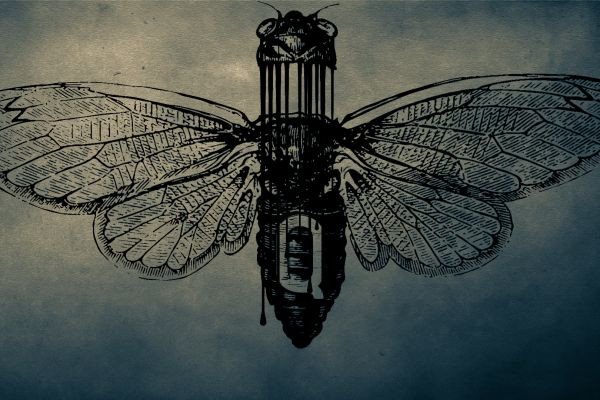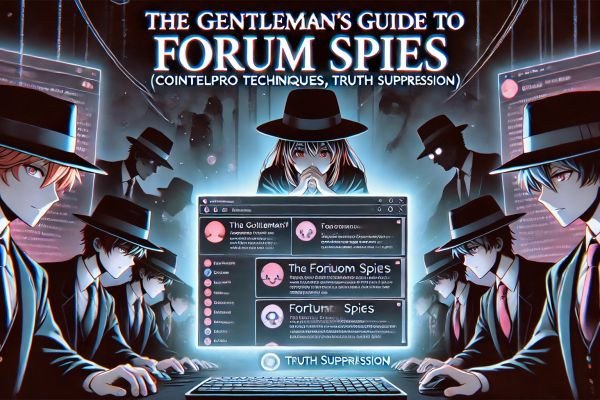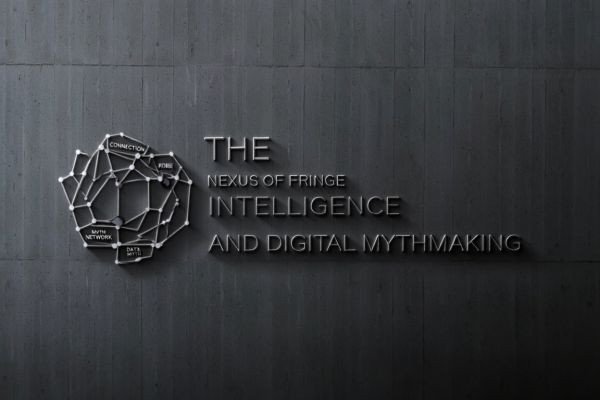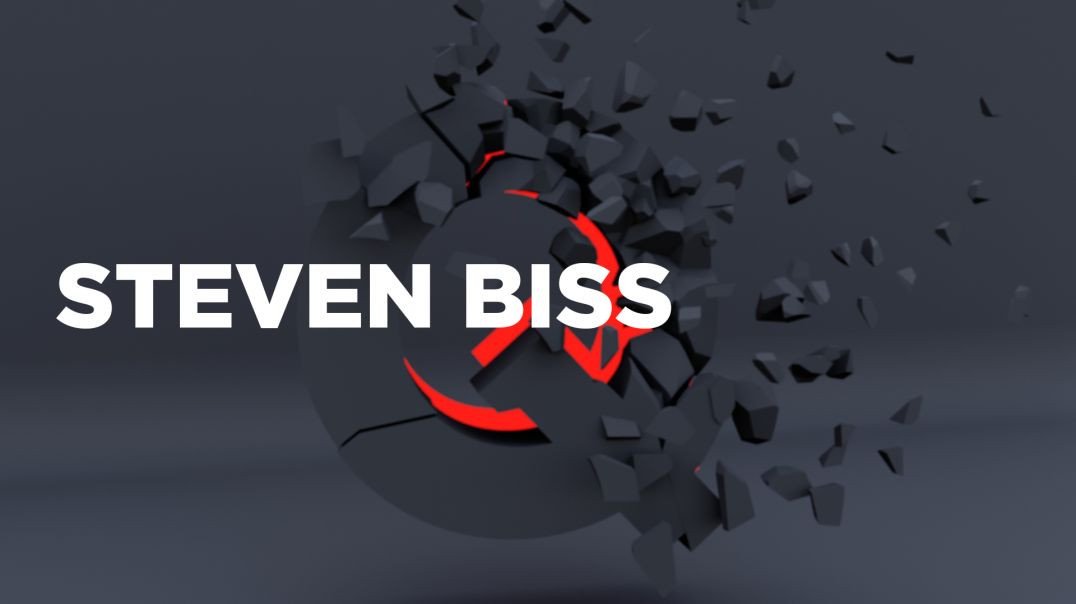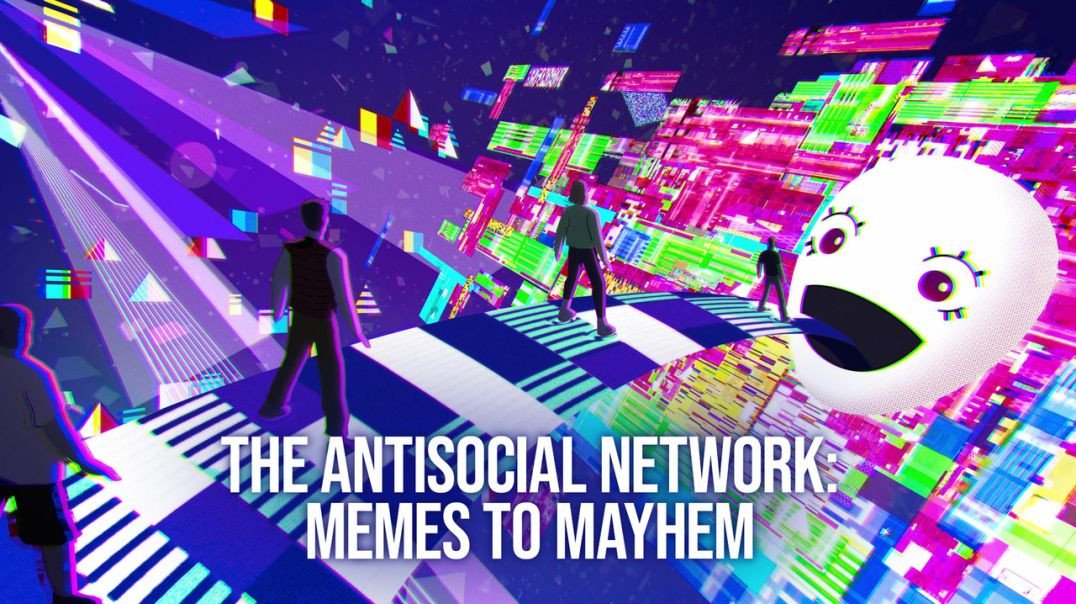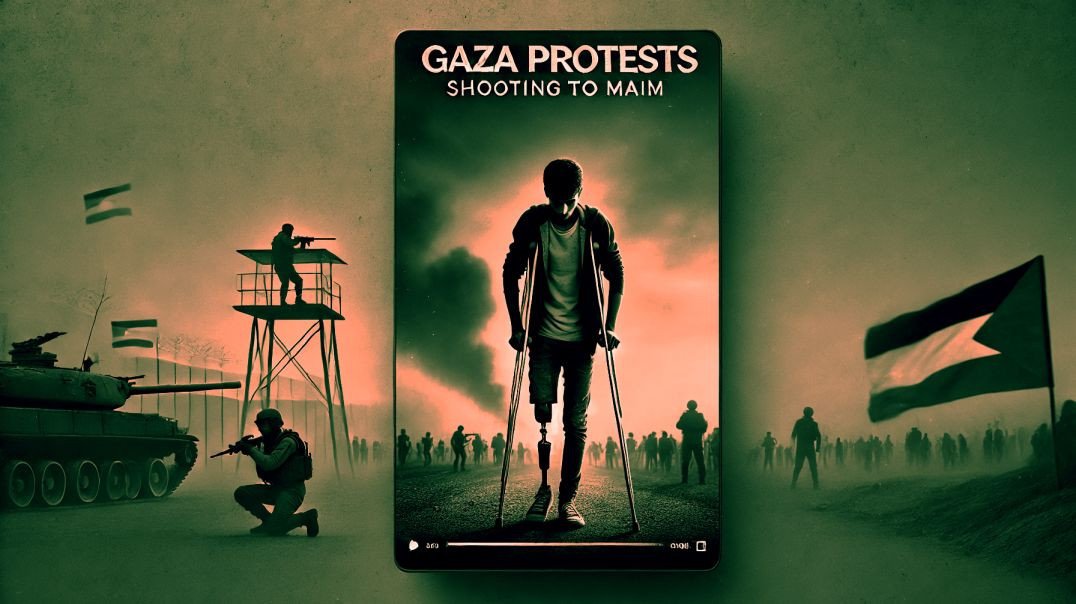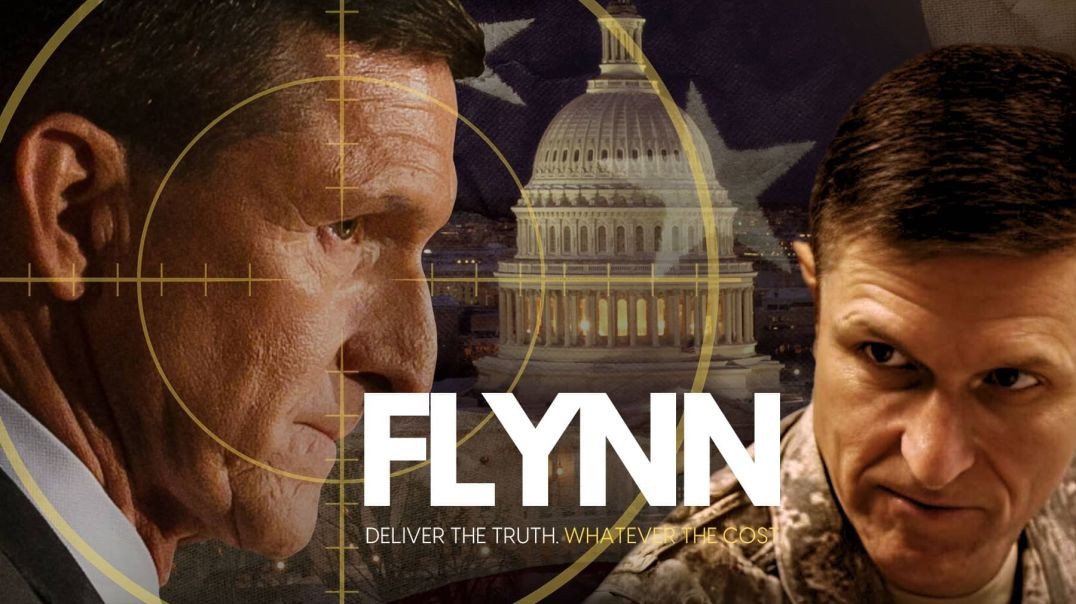They're guardrails preventing researchers from treating people as lab rats. **Social media research, particularly on vulnerable populations like extremist groups, requires informed consent, privacy protections, and de-identification procedures.** Prof. Dilley appears to have ignored all three.
According to guidelines from the University of Pennsylvania's Institutional Review Board and a comprehensive 2023 study on QAnon research ethics published in Frontiers in Sociology, researchers studying online communities must navigate a complex spectrum of privacy expectations.
Just because someone tweets publicly doesn't mean they expect to be labeled a "QAnon insider" in academic literature promoted by a major university. The distinction between "technically public" and "reasonably private" matters enormously—especially when researchers identify specific individuals by name, effectively pinning scarlet letters to their digital chests.
**Dilley obtained no informed consent from the people she studied.** She didn't notify them in advance. She didn't explain the risks of being publicly identified in her research. She didn't give them opportunity to respond to her characterizations.
Dilley even went out of her way to silence her targets, making sure her Michigan State University would play deaf to any complaint.
After all, she is the maven of free speech publicly, but her private behaviors are both serpentine and clearly devious.
While she publicly champions free speech, her private actions are undeniably deceptive and manipulative.
When Frontiers in Communication initially accepted her paper for publication in September 2021, multiple subjects complained to the journal
After two months of review, the journal made an extraordinary decision: it rescinded the publication offer entirely, determining the paper violated their policy on "ascribing negative labels to individuals without their consent."
Let that sink in. A peer-reviewed journal found the privacy violations so severe it withdrew a paper already accepted for publication. This isn't academic nitpicking—it's a formal finding of ethical breach.
Dilley's response? She claimed the journal had been "harassed into submission" and published the paper anyway on arXiv, an open-access preprint server with no peer review.
The irony of a disinformation researcher dismissing legitimate ethical concerns as harassment while pushing forward with questionable work is almost funny.
The journal's action proves that the problems with the research were not just the opinions of its targets, but were inherent to the work itself.
When pressed to explain her characterization of Thomas Schoenberger as a QAnon insider who "groomed and enlisted" Cicada 3301 participants to "post as Q," Dilley pointed not to her Twitter network analysis—the actual data undergirding her research—but to **"a barrage of obscure, since-deleted news articles and blog posts,"** according to The State News investigation published in April 2025.
The scientific method requires reproducibility. Legal standards require evidence that can be examined. Academic integrity requires sources that can be verified. **Dilley's reliance on deleted materials makes her research fundamentally unfalsifiable**
When The State News asked about using unverifiable deleted sources, Dilley was "unconcerned, pointing out that none of the peer reviewers who examined drafts of the paper had issues." Except the paper was never actually peer-reviewed at a journal—Frontiers rescinded publication before completing the process.
The deleted evidence problem extends to her own conduct. During the February 13, 2023 active shooter situation at Michigan State University—a tragedy that killed three students and injured five—Dilley tweeted suggesting possible connections between the shooting and Thomas Schoenberger.
Screenshots documented in the lawsuit show her posting: "I was targeted through stochastic terrorism tactics for my research on QAnon disinformation on Twitter. Police report was filed. Remains to be seen if there is a connection to the active shooter situation at Michigan State University."
**When a shooter is actively killing your students and colleagues, implying without evidence that it might relate to your Twitter beefs requires either extraordinary evidence or extraordinary narcissism.** Critics responded "Holy s— delete this" to her speculation.
The posts "do not currently appear on her X feed," according to The State News, though whether Dilley deleted them or they remain somewhere in her timeline is disputed. Dilley claims she was merely "sharing what I consider to be a tip" and denies making certain specific accusations.
But in this case we do know what she send to the F.B.I.
https://www.dropbox.com/scl/fi/1tsrnmosnus3tu3zhri4p/Dilley-Narrative-for-MSU-Police-Report-9-20-22.txt?rlkey=l9dcvddhhc8ecsfjg1lirirwv&e=1&st=h4btrm6t&dl=0
The most revealing piece of impression management appears in documents analyzing Dilley's social media strategy: her evolution from the controversial @laura_greenaura persona to the more professionally sanitized @ProfDilley identity.
Under the @laura_greenaura handle, Dilley wasn't just conducting research—she was a participant in the drama, making accusations of "extortion, blackmail, bribery, and international conspiracy."
She engaged in "elaborate online feuds" with Schoenberger and others in his orbit, much of it "fairly detached from her research" and involving "incomprehensible feuds" and "cryptic hashtags."
**The @ProfDilley rebranding represents what case documents call "impression management and reputation repair"**—an attempt to create a "firewall between the legally fraught and reputationally damaging persona associated with @laura_greenaura and the formal, institutionally sanctioned identity of @ProfDilley."
In other words, when your Twitter feuds threaten your career, create a new professional-sounding account and hope nobody notices the connection.
This strategy reveals consciousness of wrongdoing. If Dilley believed her Twitter activity represented legitimate academic engagement with "matters of public concern" (her justification), why the rebrand?
**"So, I can no longer in good faith support or stand by my work I did at MSU concerning a research paper on QAnon and disinformation."**
Welna, the computer programmer who collected the Twitter data undergirding Dilley's paper, defended his technical work—the network graphs and follower/following data collection—while making clear **he wants nothing to do with how that data was interpreted and weaponized.**
"I was under the impression that it would be straight forward, void of any potential personal conflicts of interest, and strictly academic in nature," he wrote. Instead, he found himself mired in "trolling, lawfare, and surrounding personal relationship issues."
The fact that Dilley "declined to explain how she found him in the first place" when asked by The State News adds another layer of mystery.
Welna had no academic research experience. How did a speech sciences professor at Michigan State connect with a random computer programmer for Twitter data collection? The opacity around this collaboration, combined with Welna's disavowal, suggests something was off from the beginning.
In a troubling case of academic misconduct, a professor has been observed exploiting an unsubstantiated claim of neurodiversity to deflect accountability while targeting colleagues and students with baseless accusations and aggressive behavior.
This individual has offered no verifiable evidence—such as a medical diagnosis or clinical documentation—to support the assertion of neurodiversity, undermining the legitimacy of such conditions and eroding trust within the academic community.
Compounding the issue, the professor has openly admitted to experiencing periods of psychopathy, a serious mental health condition characterized by impaired empathy and reckless decision-making, which is antithetical to the sound judgment and ethical responsibility expected of an academic in a position of authority.
By leveraging an unproven claim as a shield for harmful actions while publicly acknowledging a condition that could compromise professional competence, the professor's conduct raises significant concerns about integrity, accountability, and the misuse of medical labels to justify inappropriate behavior.
The irony is that in 2019, Dilley was advocating against stigmatization, negative stereotypes, and labels.
And how labels can negatively affect someone, especially in court.
But some people change…
But **you don't need to be a choir boy to be defamed.** And Schoenberger's core allegations are validated by Dilley's own conduct and the paper's fundamental methodological failures:
The paper claims Schoenberger was "involved in early promotion of QAnon narratives" and "groomed and enlisted" Cicada participants to post as Q. These allegations rest not on the Twitter network analysis but on "obscure, since-deleted news articles and blog posts" that cannot be independently verified.
When challenged, Dilley expanded her definition of "QAnon insider" to include anyone who "platformed" QAnon supporters—a guilt-by-association. **Schoenberger is correct that this methodology is defamatory**: it applies stigmatizing labels based on unverifiable sources and association rather than evidence.
Frontiers in Communication rescinded publication because the paper violated its policy on "ascribing negative labels to individuals without their consent." This is a formal acknowledgment that Dilley's methodology violated ethical standards.
**Schoenberger's claim that he was labeled without consent or opportunity to respond is factually accurate and supported by the journal's own determination.**
During an active shooter situation that killed three people, Dilley tweeted about "stochastic terrorism" targeting her research and speculated about connections to her feud with Schoenberger.
Whether or not specific posts were deleted, the conduct was reckless and harmful. **Schoenberger's allegation that these statements put him at risk of "vigilante justice" is reasonable**—when someone suggests during a mass shooting that you might be involved, the danger is real.
## The institutional silence that speaks volumes
Perhaps most damning is Michigan State University's complete institutional paralysis. As of October 2025, despite a rescinded journal publication, co-author disavowal, extensive controversy, and a defamation lawsuit naming the university as defendant, **MSU has taken exactly zero visible action.**
By continuing to employ Dilley without apparent consequences while declining to defend or disavow her work, **MSU has chosen the worst possible position: providing neither the accountability her critics demand nor the support she claims she deserves.** The university benefits from the research when it generates positive publicity—they promoted it on official social media—but disappears when the methodology is questioned.
Thomas Schoenberger may be an unsympathetic plaintiff for some. But **his lawsuit doesn't need him to be sympathetic—it just needs Dilley's methodology to be indefensible.** And on that score, the evidence Dilley herself created makes Schoenberger's case.

